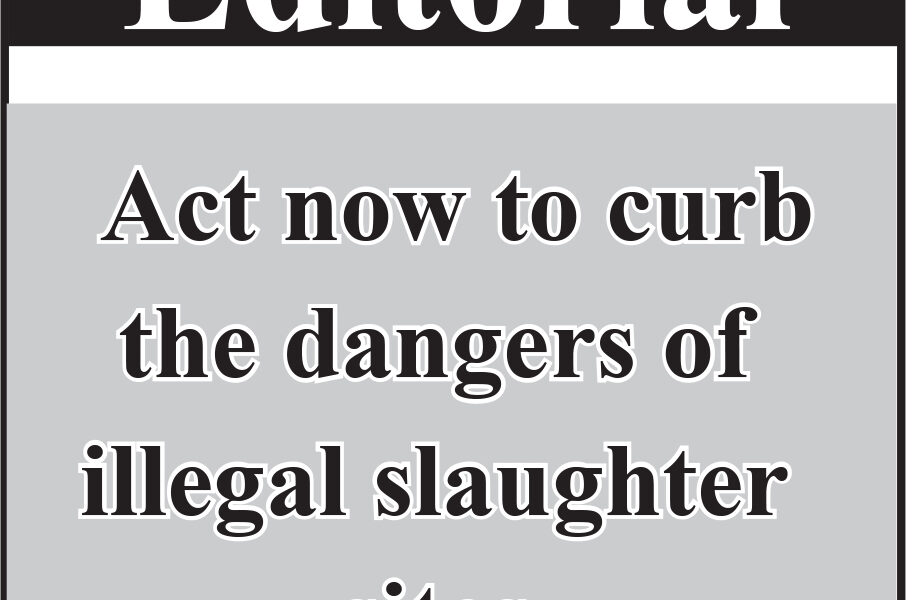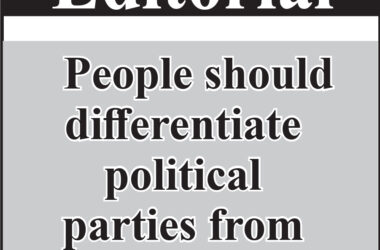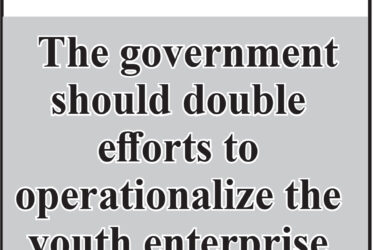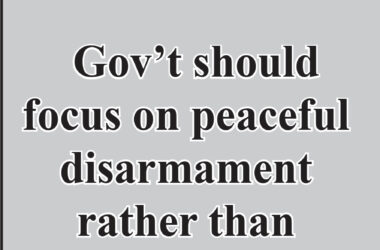Across Juba, the proliferation of unlicensed slaughter sites has become a silent public health crisis. These operations, often tucked within residential neighbourhoods, operate without oversight, using stagnant and contaminated water to wash carcasses.
The result is a breeding ground for disease, threatening not only consumers but entire communities.
This situation is not only a public health crisis waiting to happen but also a lost economic opportunity. South Sudan, with over 36 million head of cattle, has the potential to become a major exporter of meat.
Yet, this potential remains untapped due to the absence of proper slaughter infrastructure and regulation.
The absence of regulation and basic sanitation standards exposes the public to zoonotic diseases, foodborne illnesses, and environmental degradation. Children play near these sites. Families live beside them. The risks are immediate and unacceptable.
It is high time all relevant actors; the government, local authorities, community leaders, and development partners act decisively.
The government must enforce with immediacy existing laws by shutting down illegal slaughter sites and prosecuting violators.
Equally organs should be directed to arrest offenders and confiscate meat processed in unsanitary conditions.
At the same time, public awareness campaigns should educate communities on the health risks associated with consuming meat from unlicensed sources.
Most importantly, the government should prioritize investment in modern, centralized slaughter facilities that meet international hygiene standards.
Public-private partnerships could play a role in financing and managing these facilities. Additionally, veterinary inspections must be made mandatory at all points of slaughter to ensure animal and public health.
South Sudan cannot afford to ignore this issue any longer. Ensuring safe meat processing is not only a public health imperative; it is a necessary step toward building a sustainable and export-ready livestock industry.
This is not a problem to ignore. It is a call to protect public health, dignity, and the future of South Sudan’s food systems. The time to act is now.




